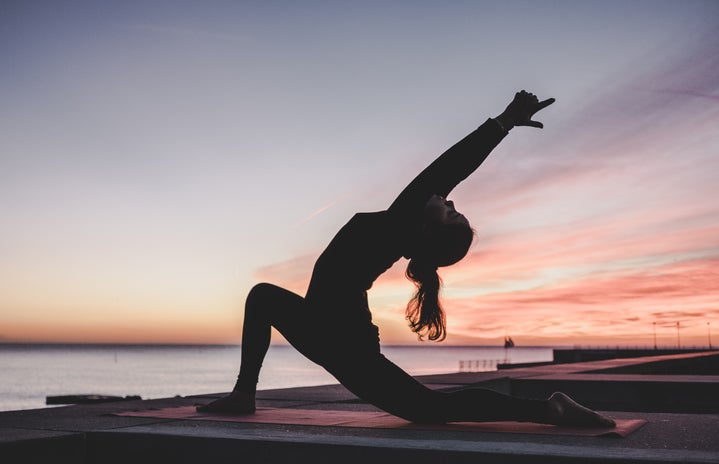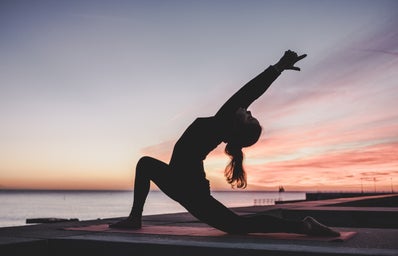As a college student, there are two spaces I have yet to enter since the onset of the pandemic. The first being a university building, and the second, a gym. Before March of this year, I would consider myself a steady gym-goer. I attended group fitness classes, ran on the treadmill, cycled, and climbed the Stairmaster as if preparing to ascend Mt. Everest. It wasn’t until COVID-19 limited access to exercise facilities that I realized I didn’t yield a sense of joy or fulfillment from these activities.
This realization introduced me to the idea of joyful movement. Joyful movement centers movement around pleasure. The concept emphasizes remaining mindful of our body’s needs when choosing a health behavior. The goal is to neutralize all activities and allow ourselves to select a movement that honors our body’s needs in that moment.
The caveat being, although well-intentioned, joyful movement has limitations that are ableist in nature. For individuals with chronic pain, disabilities, or challenging relationships with movement, moving in a way that feels joyful may not be attainable. If you are unable to experience joy through movement, perhaps tolerable movement is a more realistic approach. Tolerable movement could entail swimming laps to reduce joint swelling or going for a walk despite being in a poor mood. You are allowed to feel indifferent tow ard movement. The only obligation you have is to yourself and what feels comfortable to you.
For me, joyful movement is a morning stroll around the neighborhood. It’s a run at dusk to clear my conscience. It’s rollerblading at sunset while listening to “Landslide” by Fleetwood Mac. It’s a dance party in the kitchen after dinner. It’s jumping on the neighbor’s trampoline. It’s a leisure bike ride with friends. It’s playing two-hand touch football in the backyard.

Too often I hear people say, “I am so bad for not exercising today.” The joyful movement approach rejects exercise as a moral obligation. We live in a culture that views exercise as something needing completion and when we do not fulfill this perceived obligation, we are left feeling shameful. Joyful movement eliminates this guilt cycle by giving you permission to decide if you want to move, how you want to move, and your feelings about the performed movement. Notably, the benefits of movement have been minimized to weight-loss and improved aesthetics. Joyful movement poses the question: how would you move your body if it had no impact on your weight or physical appearance?
There is an element of introspection involved in practicing joyful movement. You are challenged to focus your attention toward your body and select a movement that respects its needs. Do you want to move with a group of people or by yourself? Do you want to move intensely or leisurely? Do you prefer an inside or outside environment? Does your body need rest? When we listen to our bodies, we extend compassion to ourselves through mindfulness.
Our bodies are our greatest storytellers, our forever companions, and permanent home. May we listen to them, speak kindly of them, and trust their intuition.



